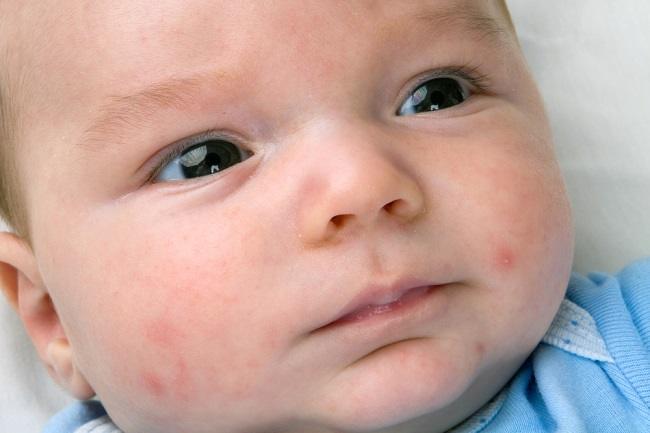Organic mental disorders (organic mental disorder/organic brain syndrome) is a condition when damage to the braincause mental disorders. The term was previously used for neurocognitive disorders.
Organic mental disorders are generally experienced by the elderly, but this condition can also occur in younger people. This condition indirectly occurs due to brain damage in areas related to the ability to learn, remember, plan, and make decisions.

In addition, this disorder can also affect the sufferer's ability to understand and use language correctly, coordinate body movements, and act according to existing social norms.
Symptoms of Organic Mental Disorder
Symptoms of organic mental disorders can actually vary, depending on the underlying conditions. However, there are some main symptoms of organic mental disorders, including:
- Often forget something
- Often feel confused
- Often feel restless
In addition, people with organic mental disorders may also experience symptoms, such as:
- Headache
- Difficult to concentrate
- Difficult to focus
- Loss of balance
- Difficulty performing daily activities, such as driving.
Causes of Organic Mental Disorder
Generally, organic mental disorders are caused by various diseases that can cause a decrease in brain nerve function (neurodegenerative diseases), including:
- Alzheimer's disease
- Parkinson's disease
- Huntington's disease
- Disease Lewy body
- Prion Disease
- Multiple sclerosis
- Dementia
In addition to the diseases as above, there are also several conditions that can cause organic mental disorders, namely:
- Severe brain injury
- Respiratory disorders that cause low levels of oxygen (hypoxia) and high levels of carbon dioxide in the body
- Heart and blood vessel disorders, such as stroke, transient ischemic attack (TIA), endocarditis, and myocarditis
- Drug and alcohol abuse
- Brain cancer or cancer from elsewhere that spreads to the brain
- Infections, such as HIV, brain infections, meningitis, and syphilis
- Encephalopathy, eg caused by liver disorders
G . Handlingdisturbance Mthick Oorganic
To treat organic mental disorders, a diagnosis from a neurologist or a psychiatrist is required. The doctor will evaluate any mental disorders that occur and determine which areas of the brain may be disturbed and causing these symptoms.
People with organic mental disorders will generally require close treatment and evaluation in a hospital. The form of treatment that can be given to people with organic mental disorders is the administration of drugs to relieve the symptoms that arise.
In addition, psychotherapy and psychosocial support may also be recommended to support the needs, welfare, and quality of life of the sufferer and those around him.
Organic mental disorders have different chances of recovery, depending on where the brain is affected and the extent of the damage. You can consult a doctor to find out more clearly about the condition you are experiencing, the type of treatment, as well as the risk factors and complications of this disease.









